The iOS operating system is characterized primarily by its simplicity and agility. Thanks to the excellent integration of hardware and software, Apple has managed to optimize its phones for more demanding tasks, which is clearly demonstrated, for example, by comparing the technical specifications of today's iPhones and Android phones. While apple representatives have on paper slightly worse hardware, so Android, on the other hand, is on the verge of defeat. In reality, it is not about data on paper.
It could be interest you
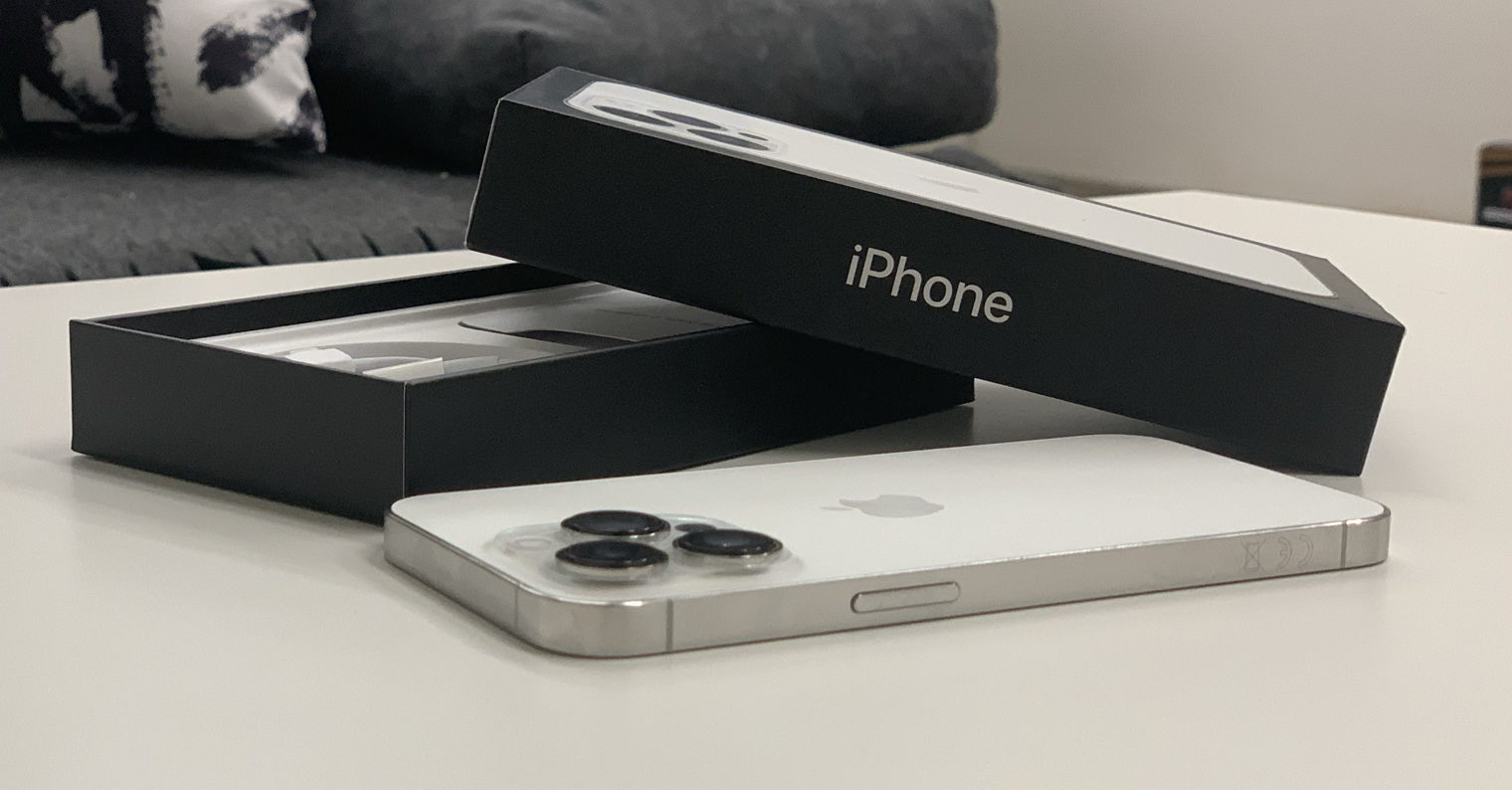
We can see an interesting difference mainly in the operating memory (RAM). When we compare, for example, basic Samsung Galaxy S22 s iPhone 13, which are also available for roughly the same price, we will see a quite fundamental difference in the field of operating memory. While the model from Samsung hides 8 GB of RAM, the iPhone makes do with only 4 GB. In addition, shutting down applications is also related to this topic, which is supposed to free up the operating memory and in a way save. On phones with the Android operating system, there is therefore a handy button to close all currently open applications. But why doesn't iOS have something similar? Especially when we take into account the fact that it even loses to its competition in this area.
Why doesn't iOS have a button to quit all apps
It is necessary to take into account that both systems work slightly differently. While on Android, cleaning the operating memory can be useful in some cases, iOS can do without something similar. In addition, apple users do not even turn off individual applications and simply let them all run in the background. But why? In the case of the Apple operating system, they automatically go into sleep mode and practically do not even draw energy from the battery. In addition, this is a more economical solution than constantly turning off apps and then turning them on - just turning them on takes more energy than if we leave the application in the background. The mentioned sleep/suspension occurs practically immediately after we leave its environment.
For this reason, Apple doesn't even want Apple users to turn off apps at all. In the end, it's quite logical. As we mentioned above, we would rather harm ourselves by turning them off. To turn on the given apps again, we would consume much more energy and the result would be counterproductive. The same is the case with the operating memory. If the software in question is suspended in the background, it logically does not even use the phone's resources - at least not to such an extent.
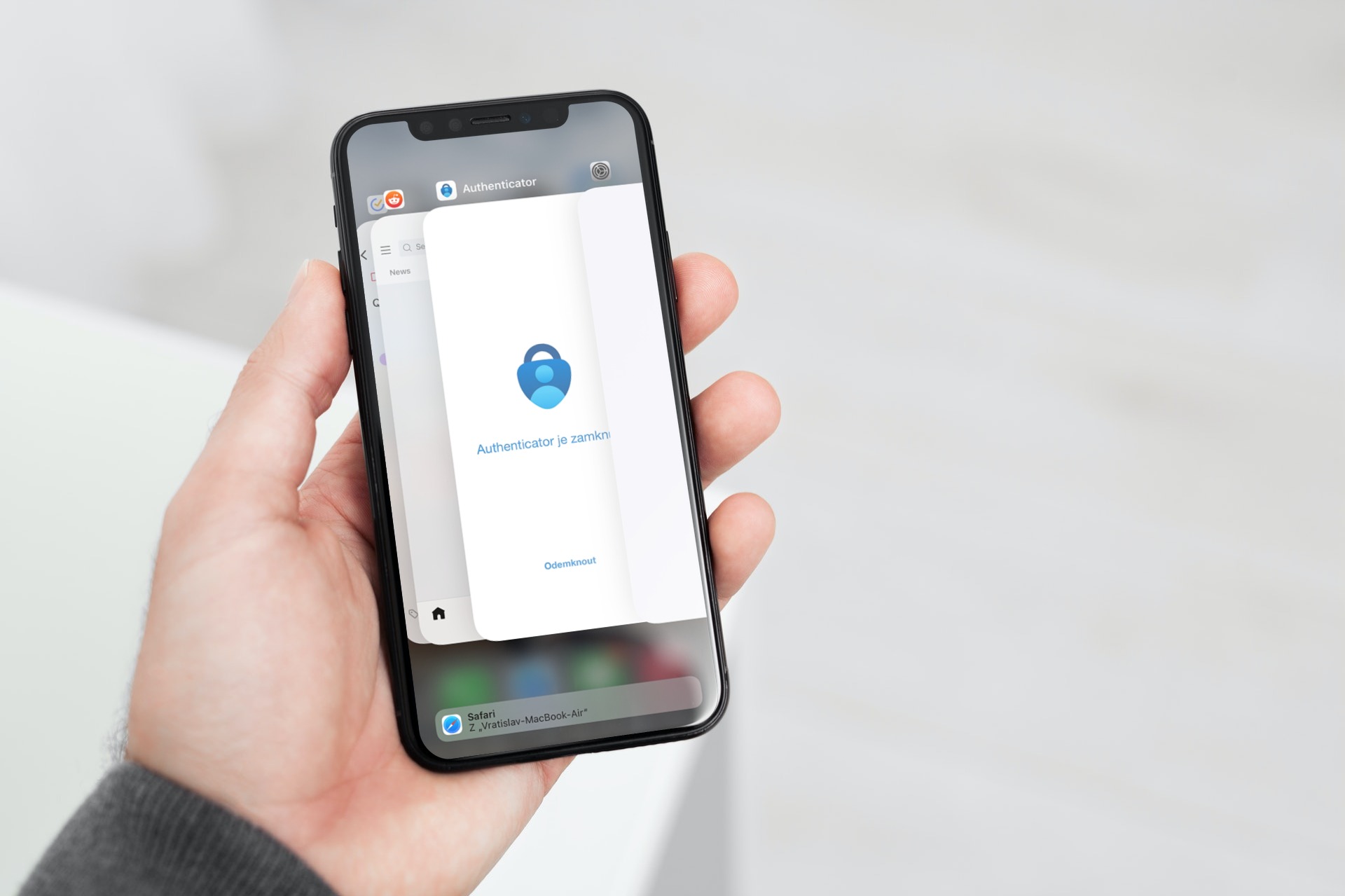
Confirmed by Apple
Craig Federighi, the company's vice president for software engineering, has previously commented on this problem, according to which it is completely unnecessary to constantly shut down running applications. As we mentioned above, those in the background go into hibernation mode and consume practically nothing, which makes their continuous shutdown completely unnecessary. We can take this as the answer to our original question. For the iOS operating system, the mentioned button for ending all applications would simply be completely unnecessary.
It could be interest you
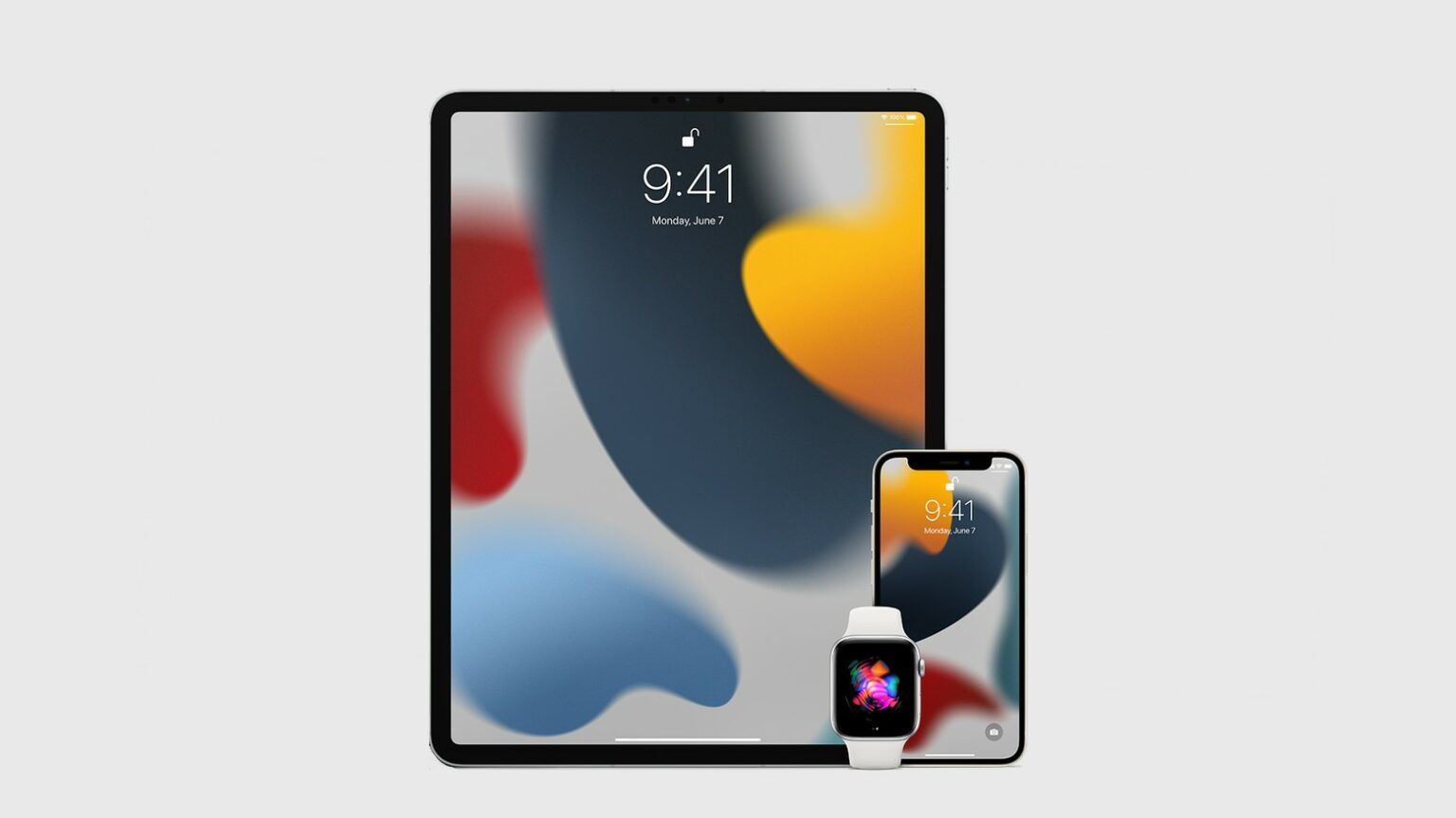
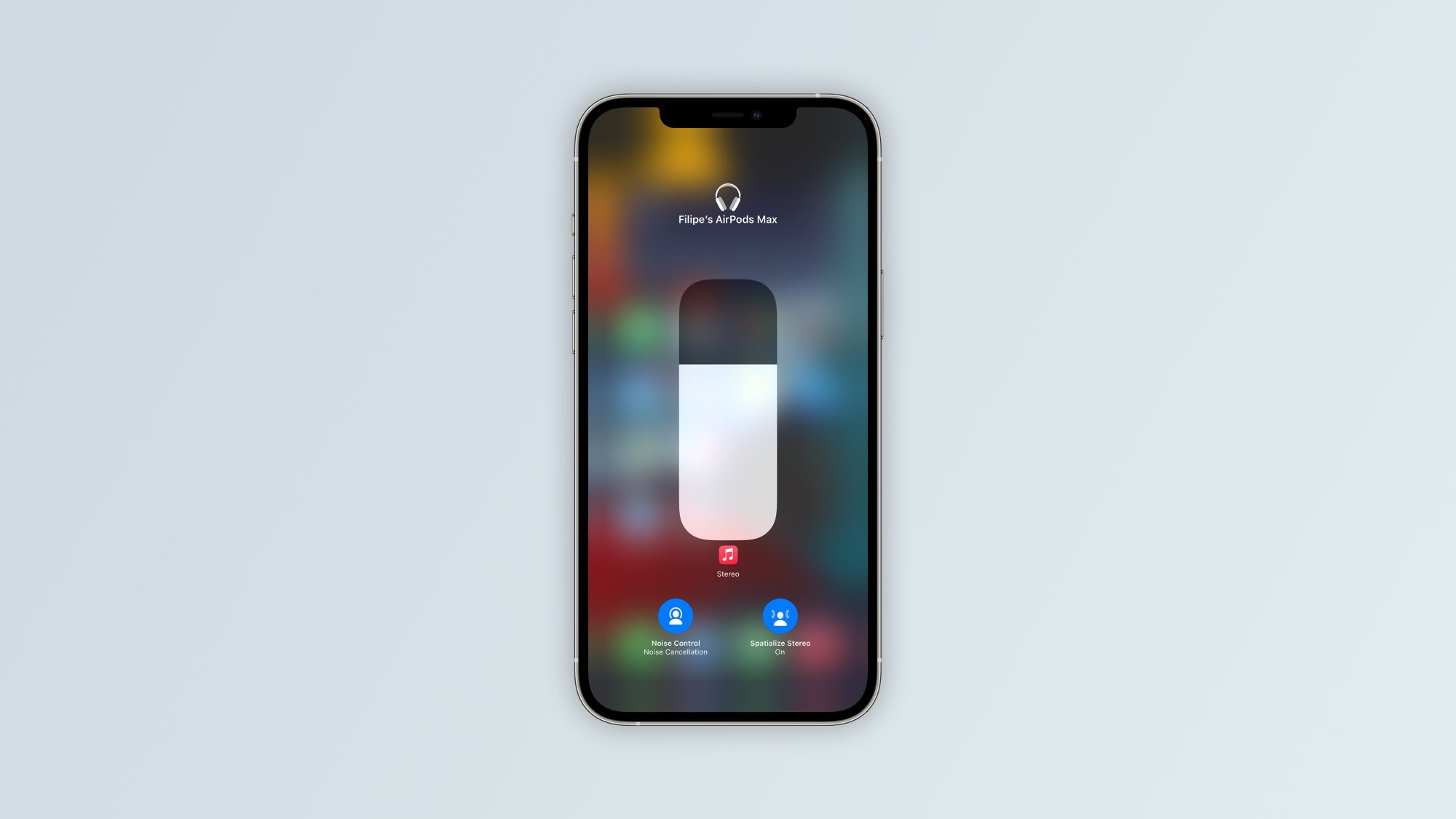
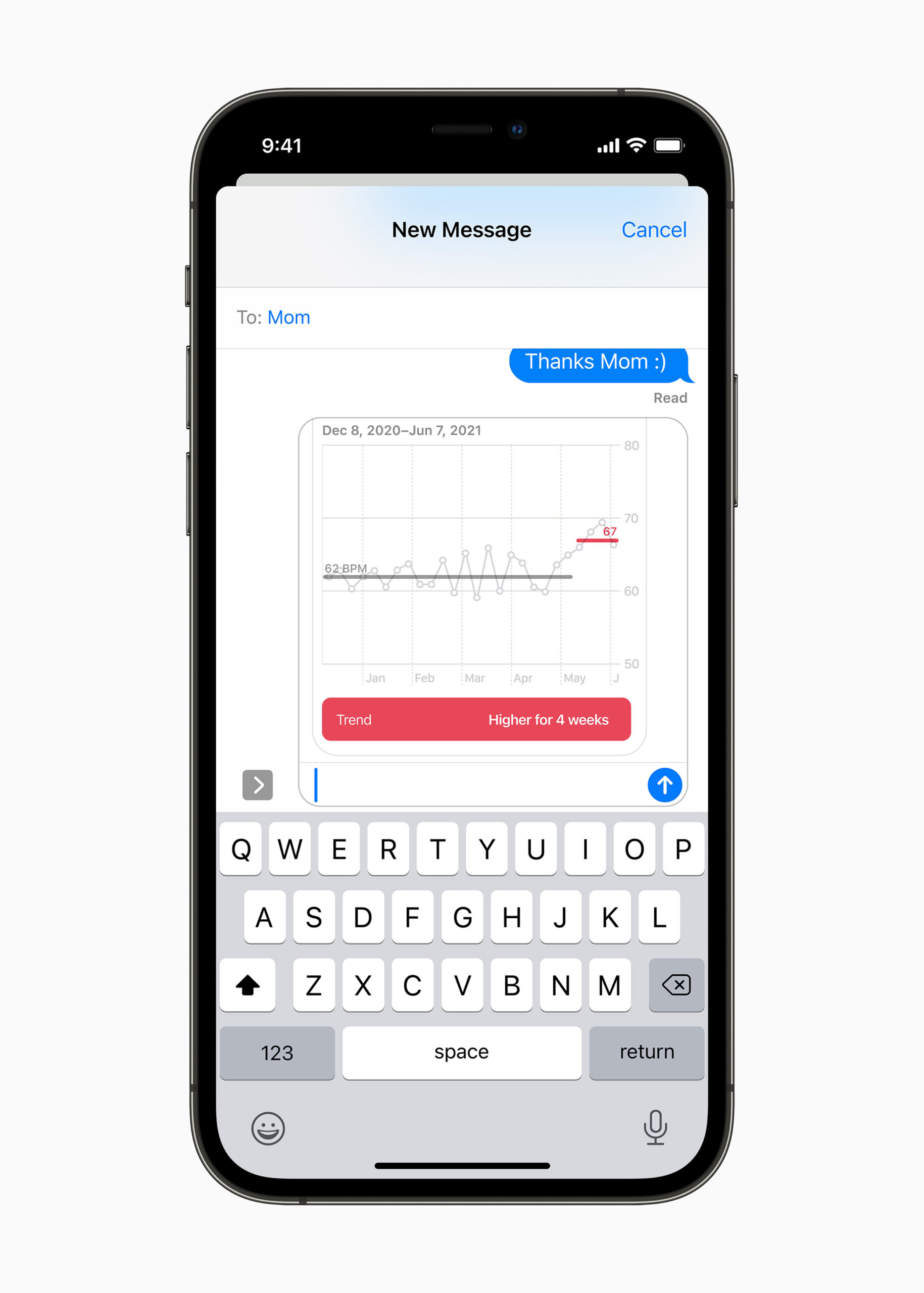
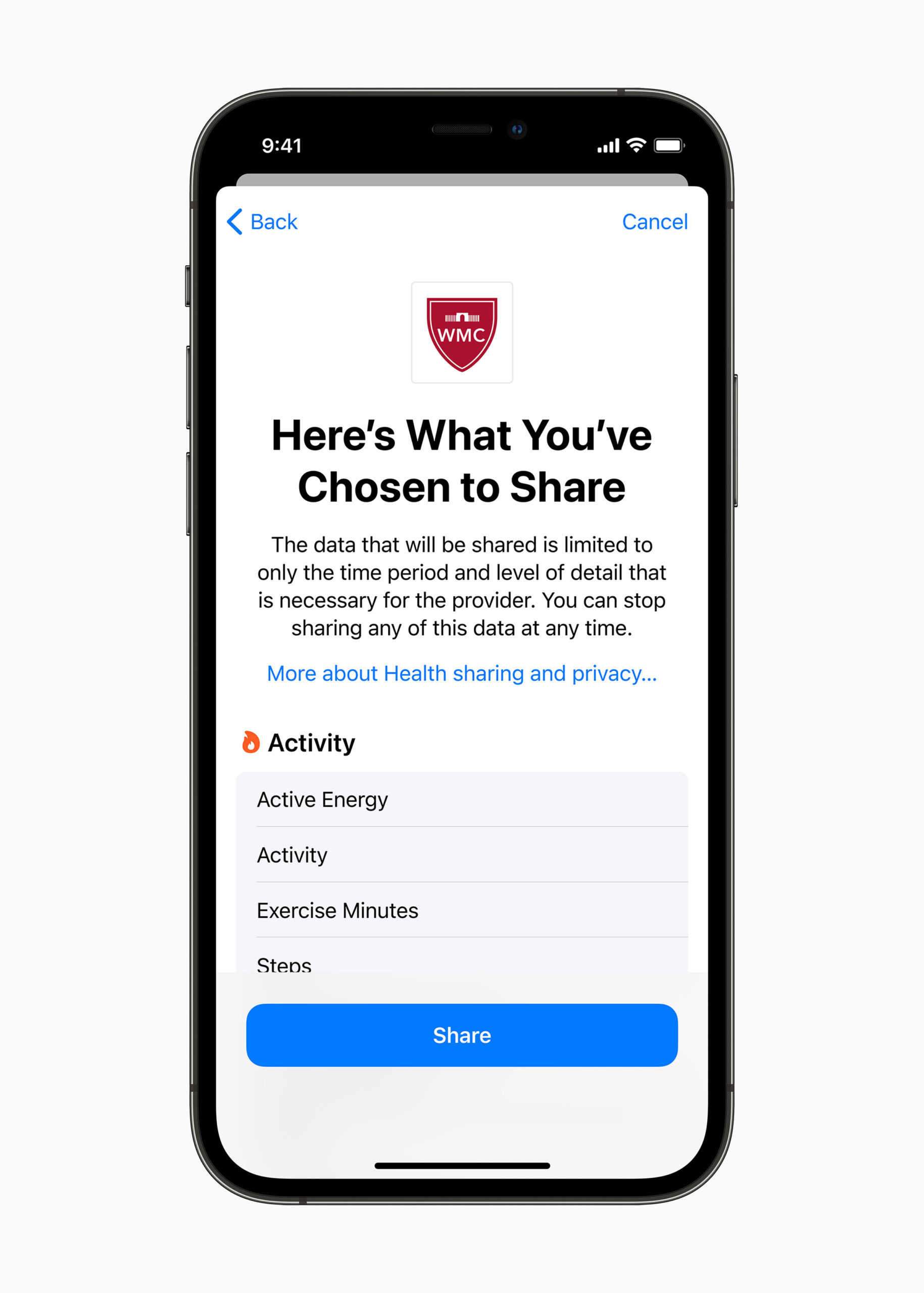
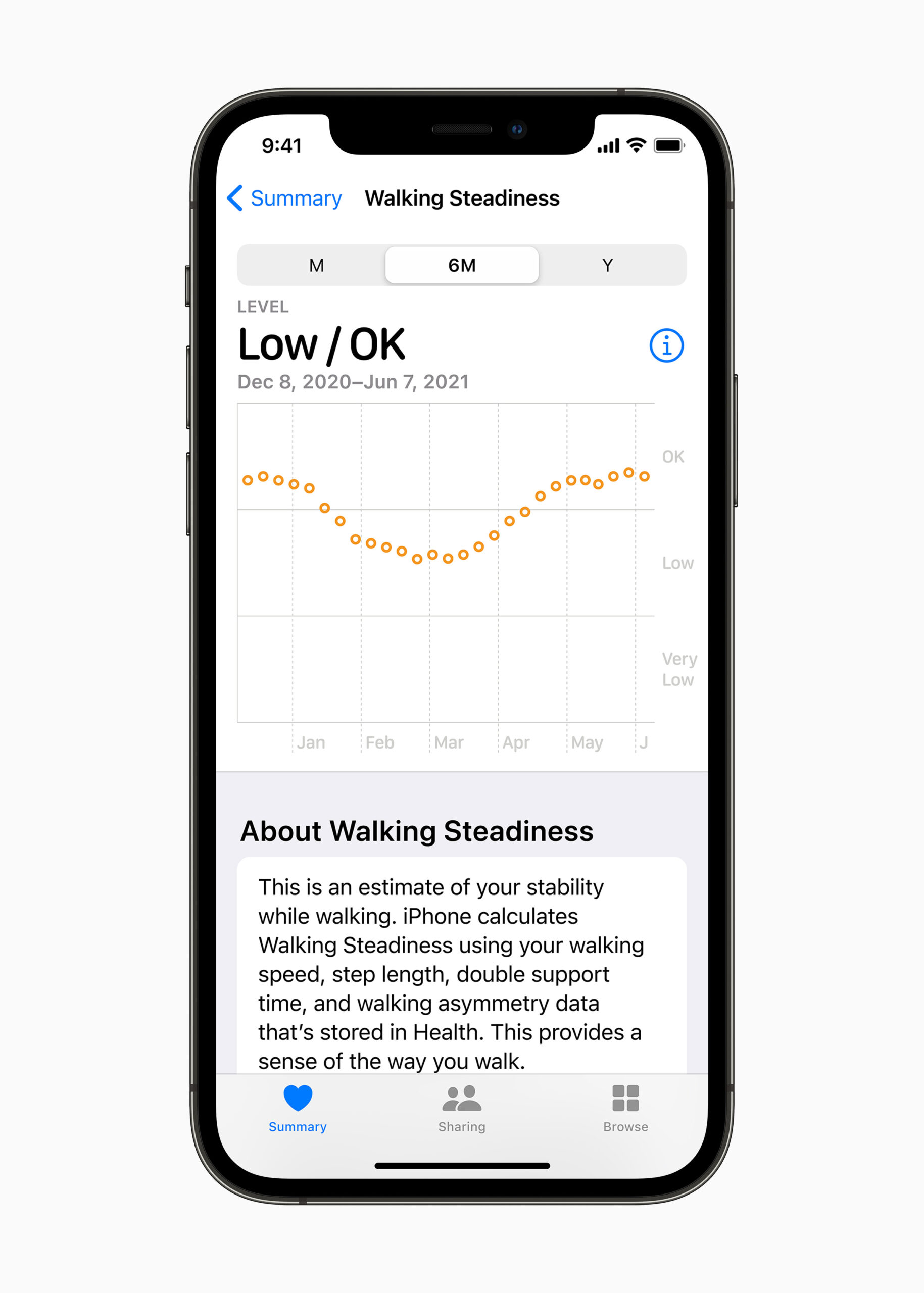
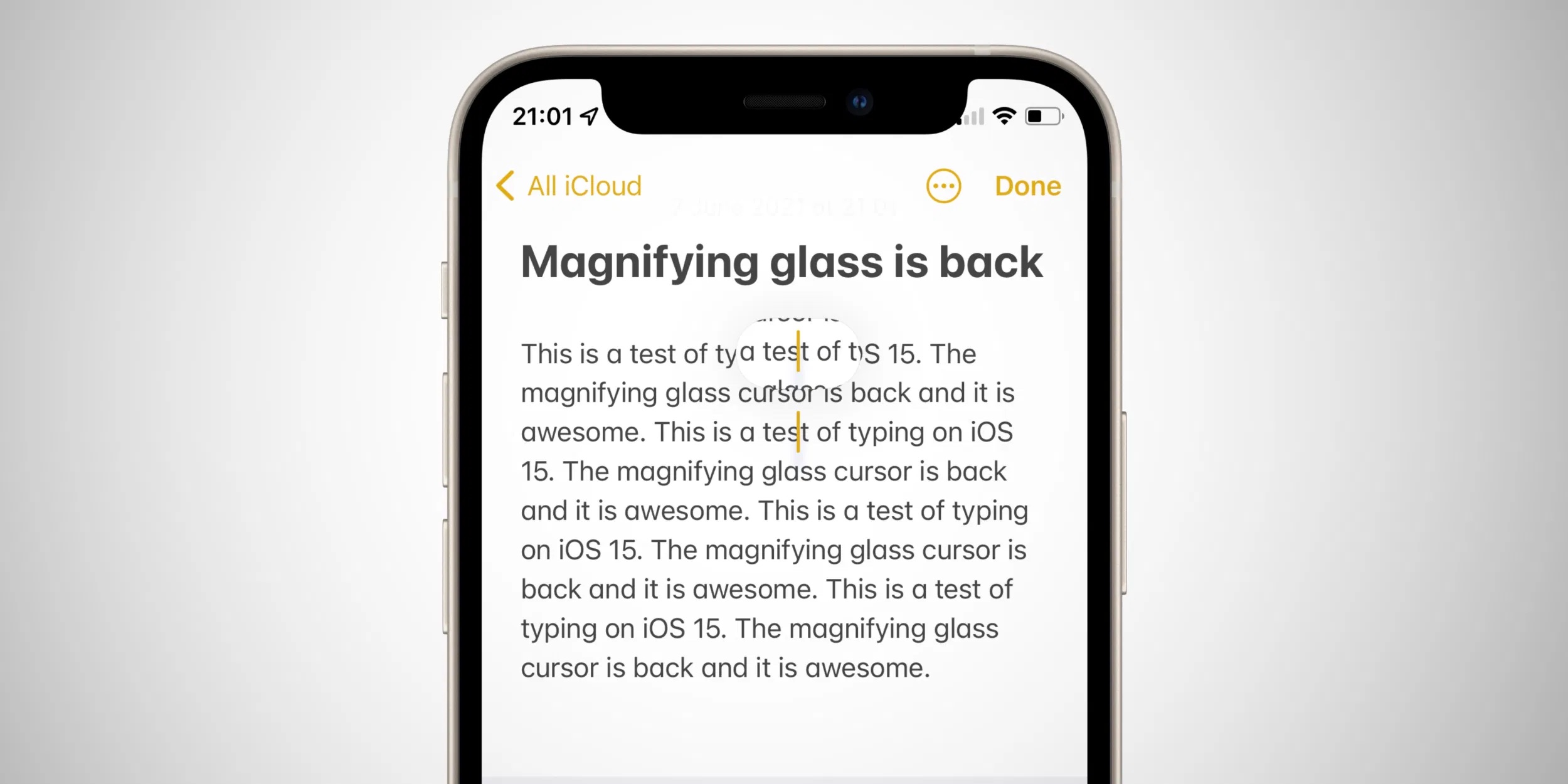
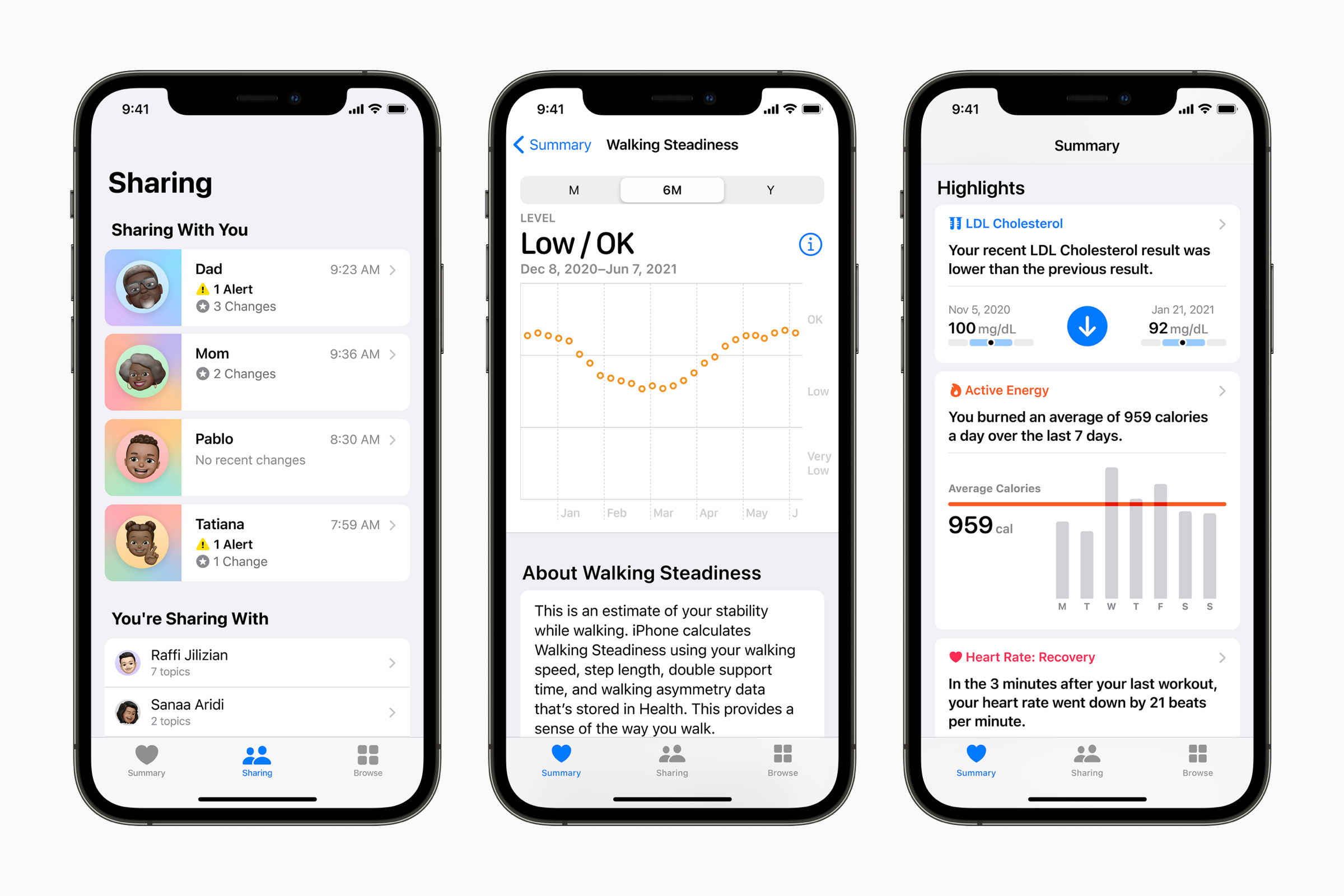
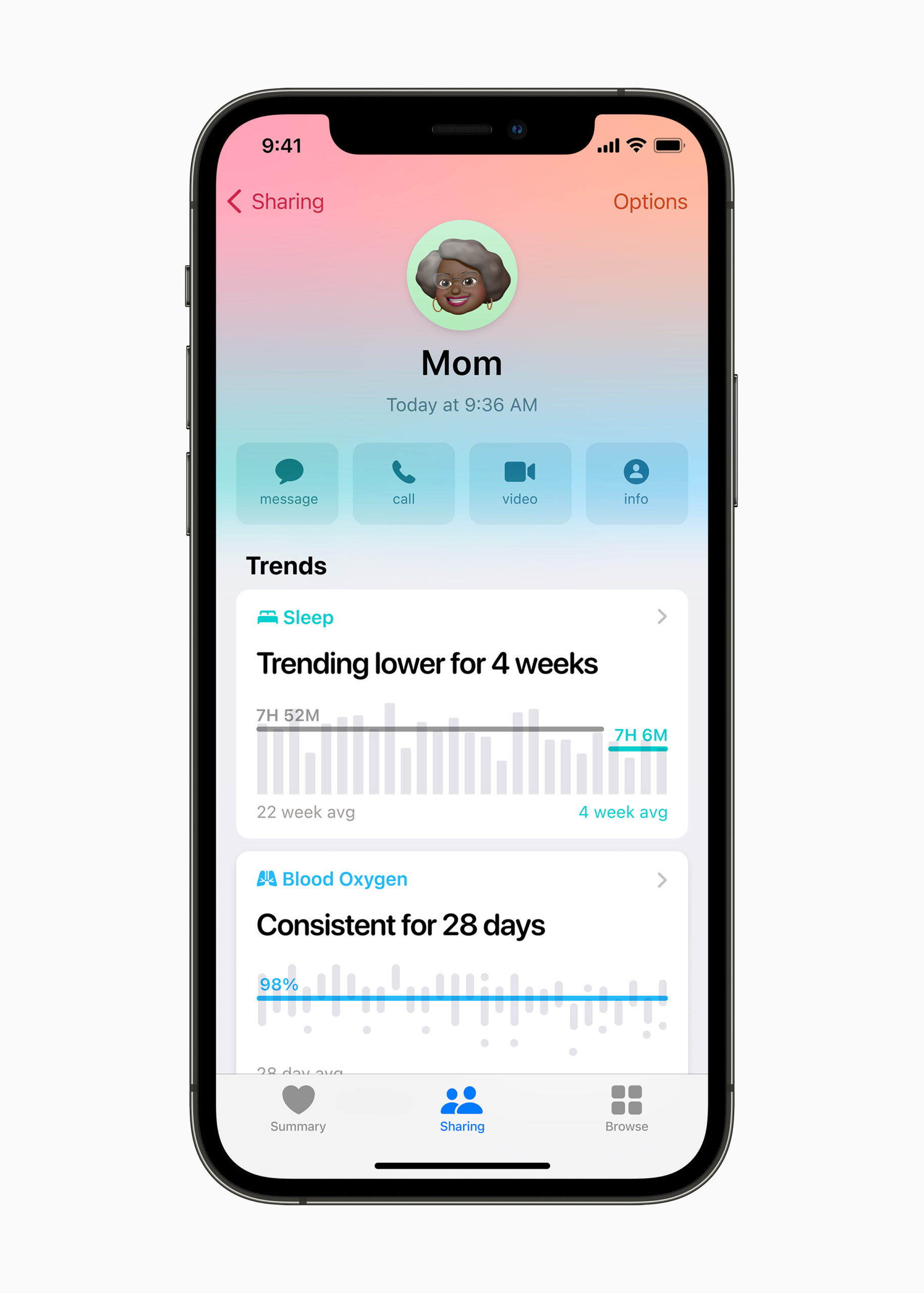
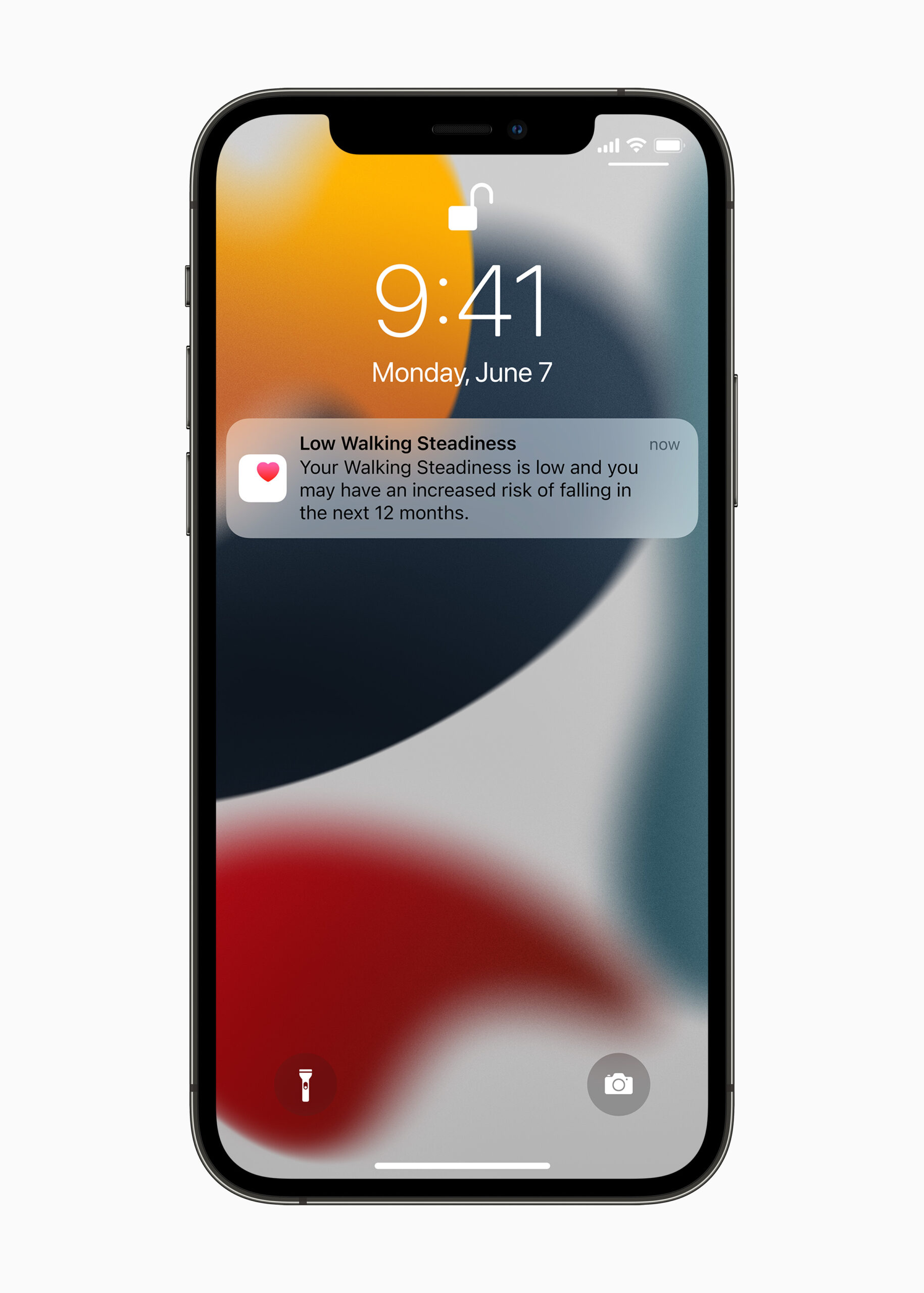

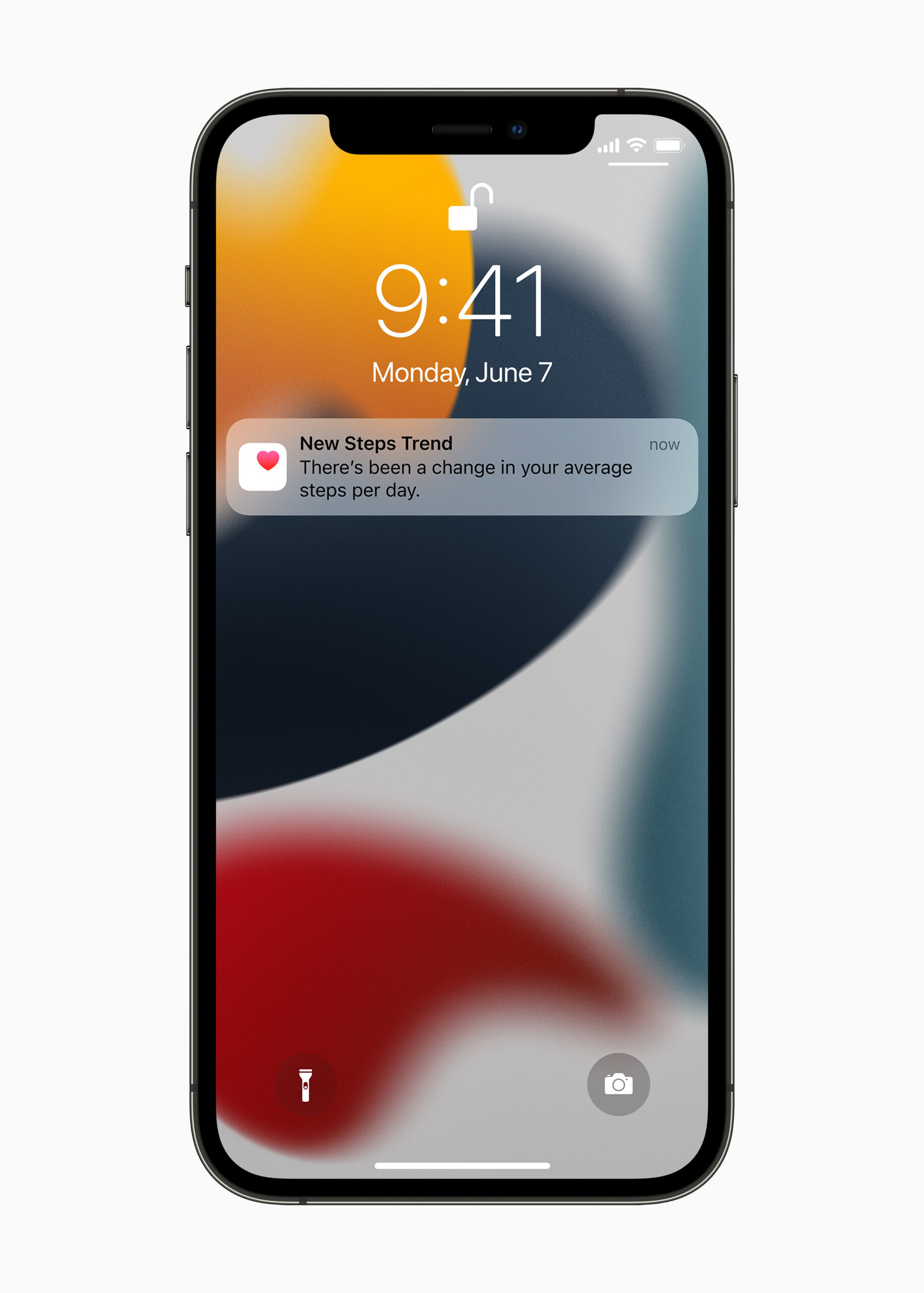
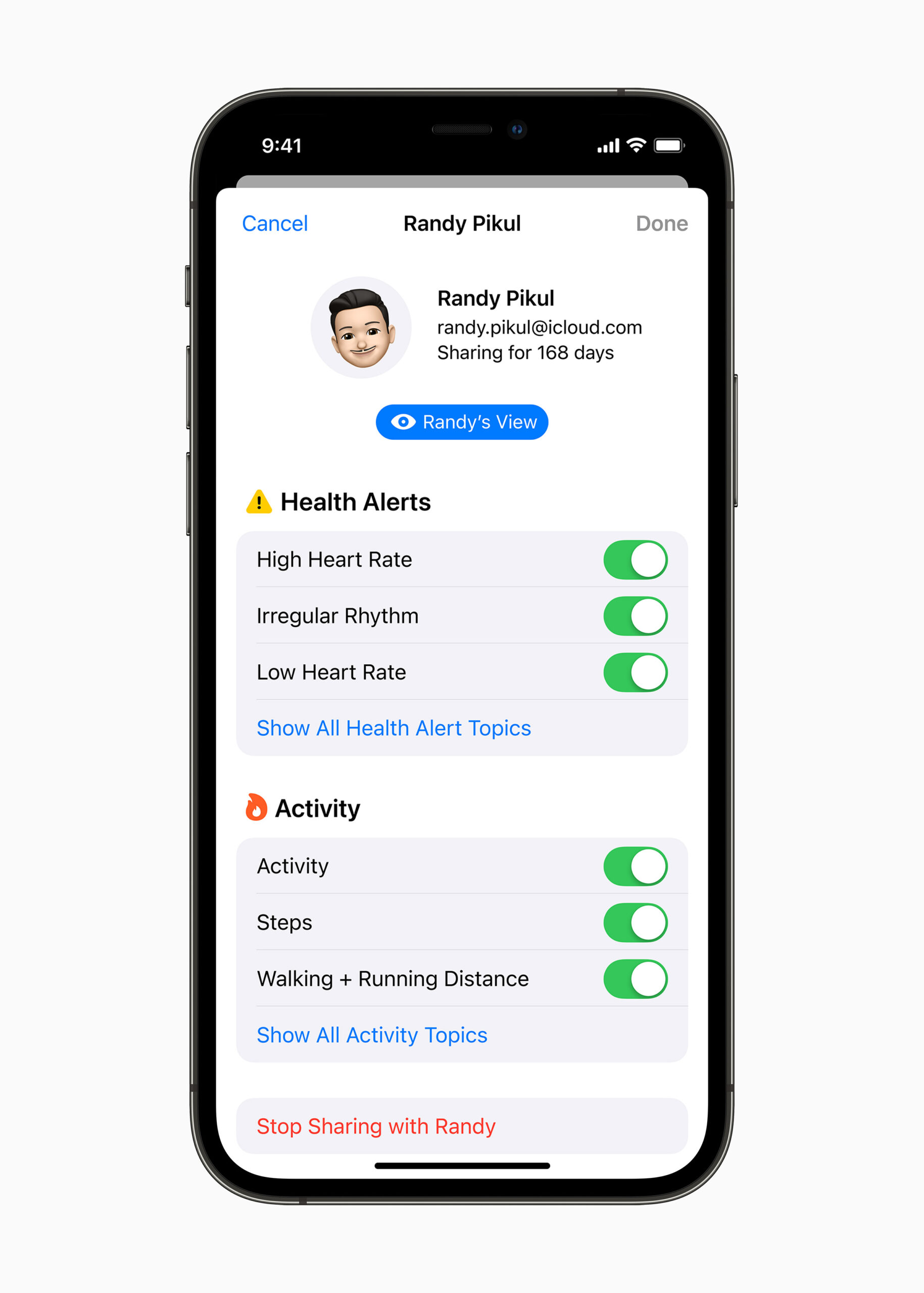
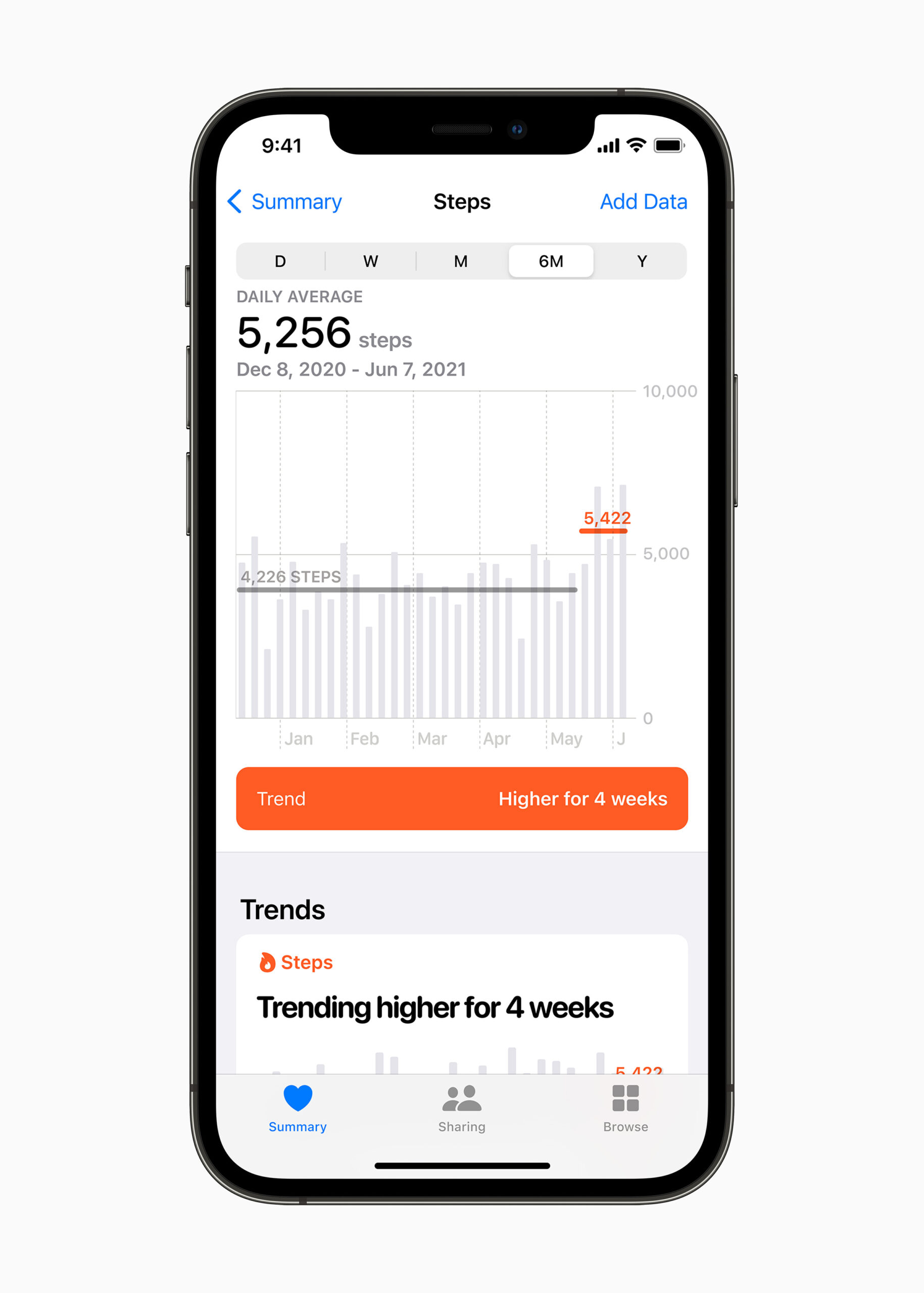
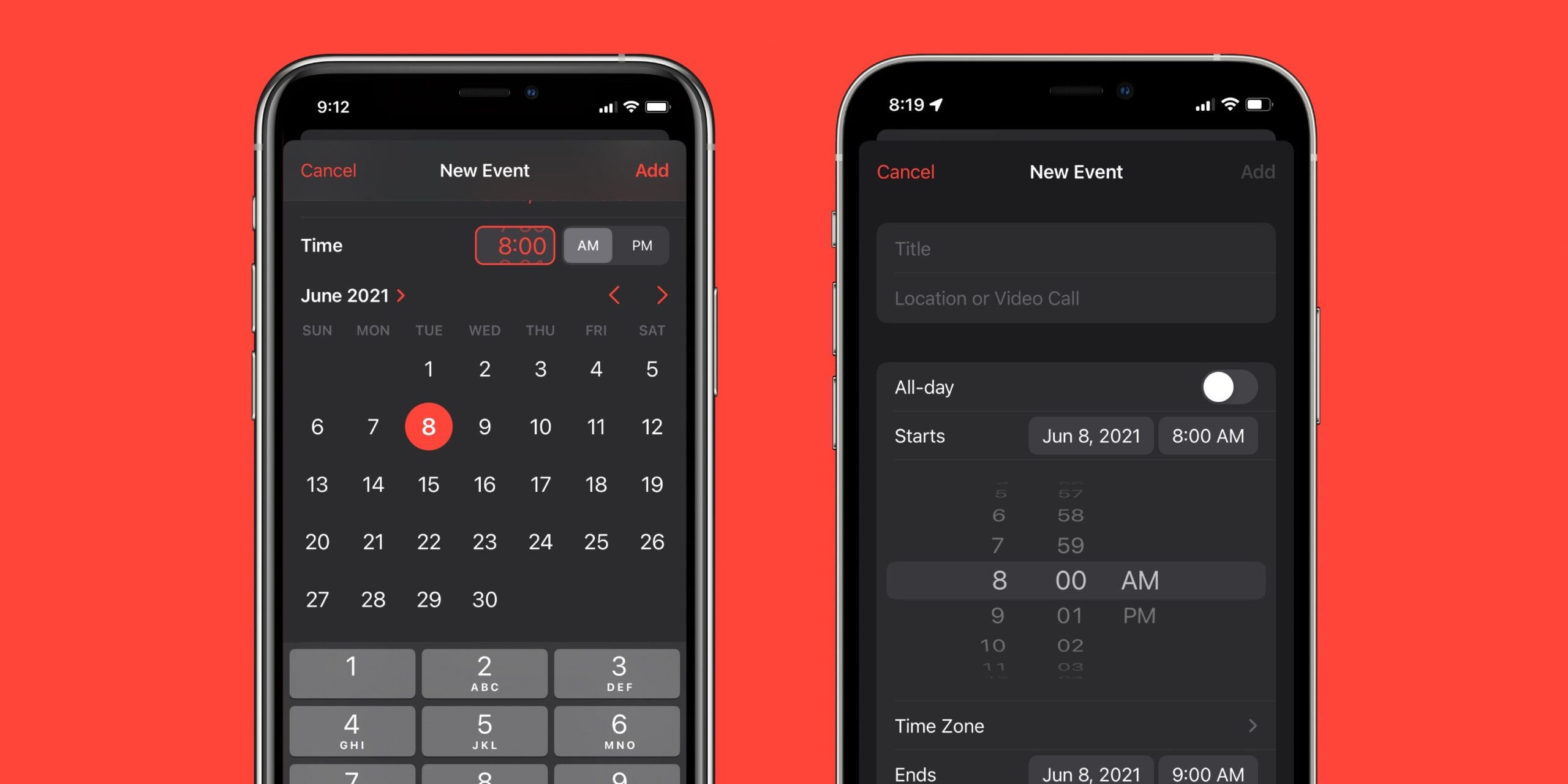
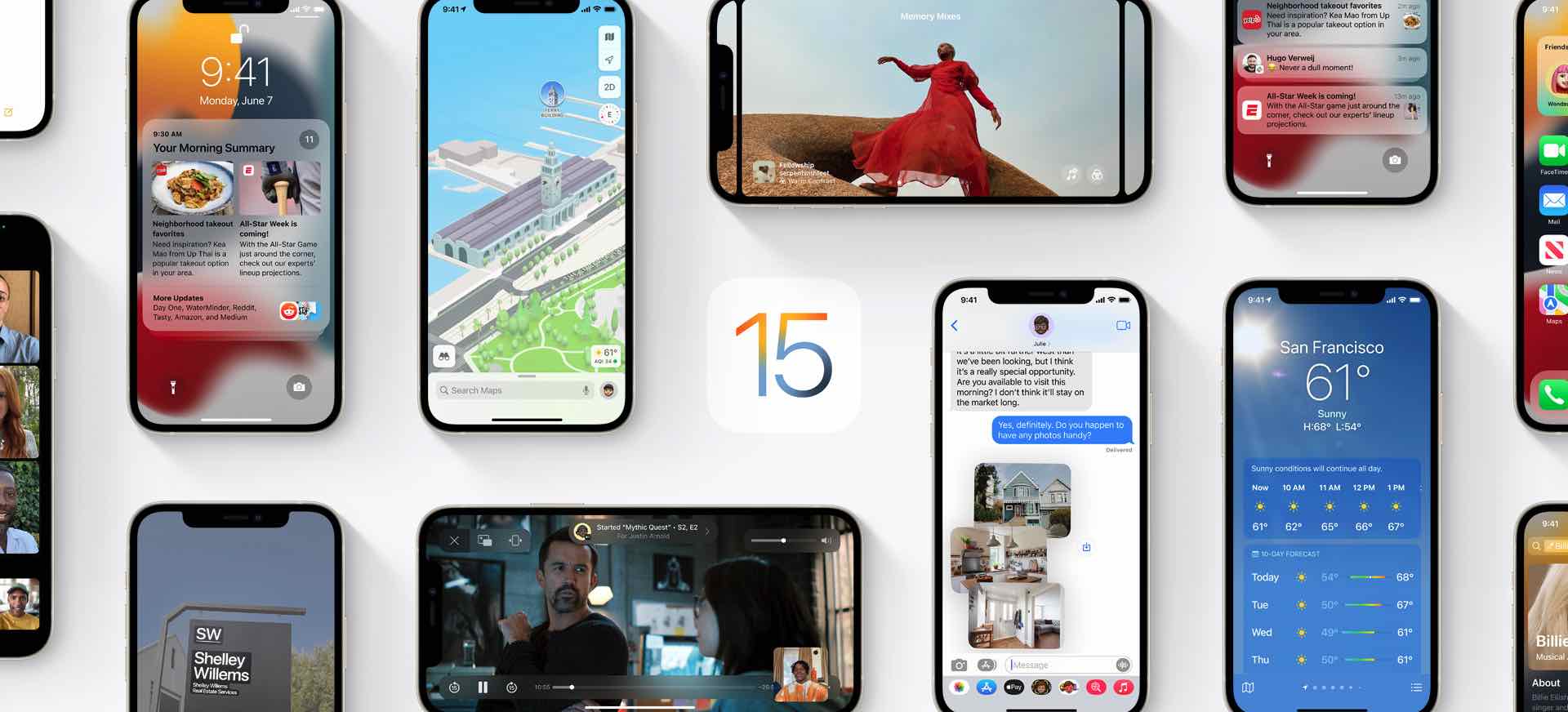
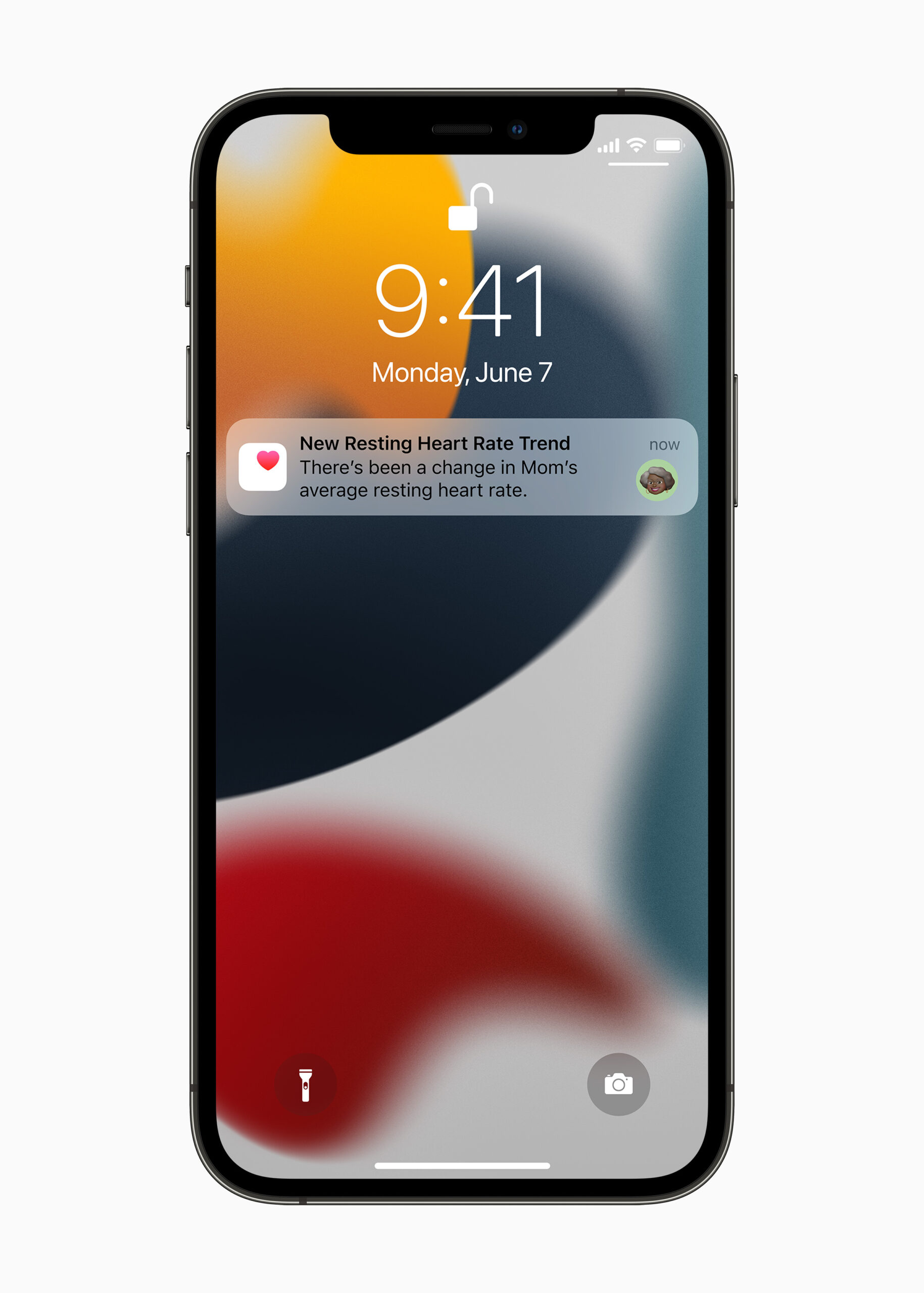
You spend so much time trying to "fix" the flaws of the iPhone that you go back to Android and are still happy to forgive its minor flaws. Such as closing all applications from the task list. It's not about ram or battery consumption, it's about that "calming it down" feeling. Too many open applications are simply confusing in the task list and closing them all with one button or gesture is somehow satisfying, and the fact that it is not possible in iOS is therefore understandably unsatisfactory. At the same time, this approach by Apple bothers me a lot. Where Android is largely built around the needs and wants of users, Apple bulldozes its way, telling users what to use and how to use it. Minimal freedom. Where Android offers democracy, Apple imposes a utopian dictatorship.